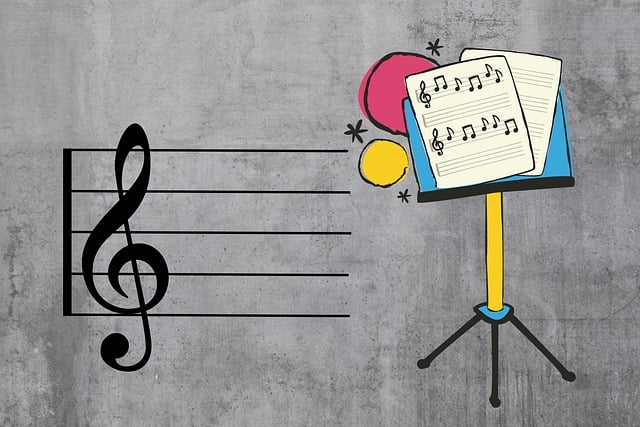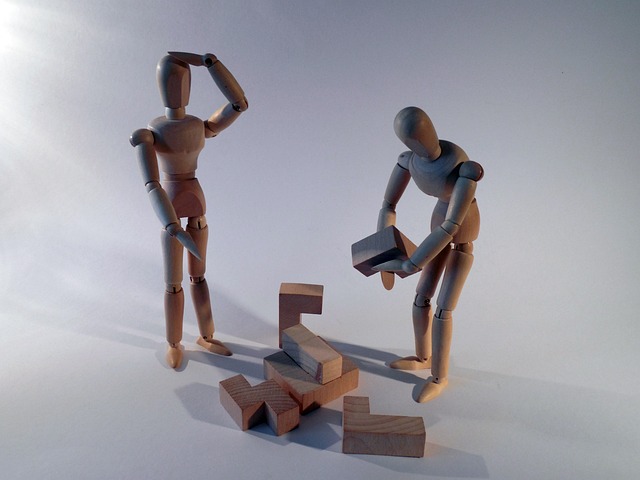The world of music is transforming, thanks to advancements in artificial intelligence (AI). With AI in music creation, artists and producers can now explore new horizons in composition, arrangement, and production. Whether it’s utilizing AI-driven music composition tools or applying machine learning in music production, the possibilities are endless. AI-powered music composition software, along with automation for sound design, mixing, and mastering, is revolutionizing the way music is made. This blog delves into how AI enhances music composition and production, making it a valuable asset for musicians, songwriters, and producers alike.
AI in Music Creation
artificial intelligence in music creation refers to the use of algorithms and machine learning models to compose and produce music. These systems analyze patterns in existing music to generate melodies, harmonies, and even entire compositions.
AI-generated melodies and harmonies
AI-generated melodies and harmonies use advanced algorithms to create musical sequences. These sequences are generated by analyzing patterns and structures in existing music databases. Tools like Amper Music and AIVA are designed to understand various genres and styles, allowing them to produce melodies that fit specific themes or moods.
For instance, if a producer needs a cheerful tune for a commercial, AI tools can generate several options in seconds. These melodies can then be layered with harmonies or blended with human input to create a unique composition. AI doesn’t replace creativity; rather, it acts as an inspiration, helping artists break through creative blocks.
Using AI for songwriting
AI-powered songwriting tools assist in the lyrical and compositional aspects of music. These tools analyze existing songs within a chosen genre to recommend lyrics, chord progressions, or song structures. For example, LyricStudio can suggest lyrics based on a theme, while tools like ChordAI can provide chords that complement the melody.
Songwriters can use these suggestions as a foundation to build upon, making the process faster and more efficient. These tools are especially helpful for beginners, as they provide structure and ideas, reducing the overwhelming feeling of starting from scratch.
AI for live music performance
Live performances are increasingly benefiting from AI integration. AI tools adapt to the musician’s playing style in real-time, creating dynamic accompaniments. IBM Watson Beat, for example, can generate background music or improvisational tracks that sync perfectly with live performances.
This application of AI enhances the depth of live shows by allowing performers to focus on their artistry while AI takes care of the background elements. It also adds an element of surprise and innovation to performances, making them more engaging for audiences.
AI-Driven Music Composition Tools
AI-driven tools are shaping modern music production workflows by offering innovative solutions for composition and arrangement.
AI-powered music composition software
AI-powered software offers a playground for creativity, providing tools to experiment with musical ideas. Google’s Magenta, for instance, allows users to input a simple melody, which the AI then expands into a full composition.
Such tools aren’t just for professionals; hobbyists can also use them to learn and create. These programs are user-friendly, making advanced music production techniques accessible to everyone. By bridging the gap between technical knowledge and creativity, AI-powered software inspires users to push the boundaries of traditional music-making.
Deep learning in music production
Deep learning models are trained on vast datasets of music, allowing them to understand intricate patterns and structures. This capability is particularly useful in genres like jazz and classical, where complex rhythms and harmonies are key.
For example, a deep learning model can analyze a Bach chorale and generate a similar composition, preserving the intricate counterpoint. These tools are valuable for musicians seeking to explore genres they may not be familiar with, as they provide a starting point rooted in historical or stylistic accuracy.
Creative automation in music arrangement
Automation in music arrangement saves time by handling repetitive tasks like arranging loops or structuring song sections. AI tools can rearrange tracks to fit specific durations or moods, ensuring consistency throughout the composition.
This automation doesn’t eliminate creativity but enhances it by allowing producers to focus on the emotional and thematic aspects of their work. With AI handling technical details, artists can dedicate their energy to the bigger picture of their music.
AI in Sound Design and Audio Production
Sound design and audio production are essential components of music creation, and AI has introduced significant advancements in these areas.
AI for mixing and mastering
Mixing and mastering are crucial for achieving a professional sound, and AI tools like LANDR simplify this process. These platforms use algorithms to analyze the audio’s frequency, dynamics, and stereo image, making precise adjustments.
For example, LANDR can automatically balance the bass, midrange, and treble frequencies in a track, ensuring a polished result. While human expertise is still invaluable for nuanced adjustments, AI provides a fast and efficient way to achieve industry-standard quality.
AI for sound design
Sound design involves creating unique audio elements like effects, samples, or soundscapes. AI tools like Descript use machine learning to generate or modify sounds, offering new possibilities for innovation.
For instance, AI can create entirely new instrument sounds or manipulate recordings to produce effects that were previously time-consuming to achieve. This expands the creative toolkit for sound designers and producers, allowing them to experiment freely.
Enhancing audio production workflows
AI streamlines workflows by automating tasks such as noise reduction, pitch correction, and tempo alignment. Tools like iZotope RX handle these processes with precision, saving hours of manual effort.
This automation ensures that producers can maintain a consistent level of quality while focusing on creative decisions. For small studios or independent artists, these tools provide the efficiency needed to compete with larger productions.
Future of AI in Music Industry
AI’s influence on the music industry is still evolving, and its potential is immense.
AI in music industry growth
The integration of AI helps democratize music production, allowing independent artists access to sophisticated tools previously reserved for major studios. This levels the playing field and fosters a more inclusive music community.
Ethical concerns and creativity balance
While AI offers incredible advantages, it also raises questions about the authenticity of AI-generated music. Striking a balance between human creativity and AI assistance is essential to preserve artistic integrity.
Advancements in personalized music
AI is paving the way for personalized music experiences, where algorithms create tracks tailored to individual preferences. This innovation has the potential to redefine how people consume music.
Conclusion
AI has undeniably transformed music composition and production, offering innovative tools and possibilities for artists and producers. From generating melodies and automating production workflows to enhancing live performances, AI’s impact on the music industry is profound. As technology continues to advance, the balance between human creativity and AI-driven automation will shape the future of music, ensuring that the art remains as expressive and transformative as ever.






